Inverter
In today’s industrial landscape, continuity of power supply is essential to maintain productivity and avoid costly disruptions. Installing UPS is a key strategy for ensuring a stable power supply in industrial environments. In this context, we offer relevant and effective solutions to meet the needs and expectations of our industrial customers.
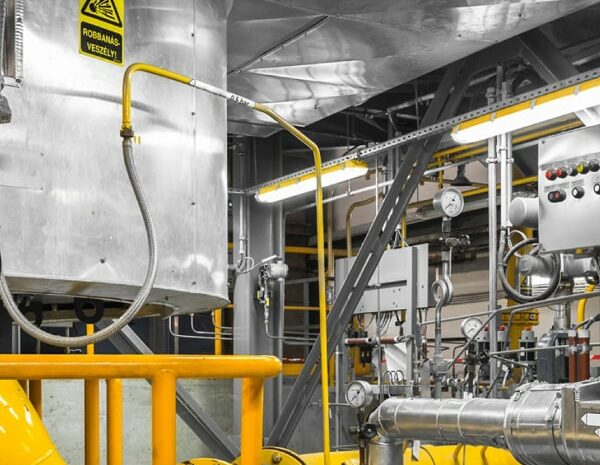
1.Energy needs assessment
Before inverters are installed, a thorough assessment of the industry’s specific energy needs is required. This analysis identifies critical equipment and areas sensitive to voltage variations, providing valuable information for sizing the UPS.
2 Choosing the right inverter
The market offers a variety of inverters, each adapted to specific applications. Choosing the right UPS depends on factors such as the electrical load, the type of equipment connected and the transition time requirements in the event of a power cut.


3.Preparing the Electrical Infrastructure
Prior to installation, preparation of the electrical infrastructure is crucial. This involves identifying the connection points, ensuring adequate electrical capacity, and setting up a configuration that allows the inverter to be seamlessly integrated into the existing electricity network.
4.Physical installation of the Inverter
The physical installation of the UPS requires technical expertise. This includes securely mounting the device, connecting it to the essential circuits and installing the necessary safety devices. Correct installation ensures optimum functionality of the inverter and minimises the risk of failure.
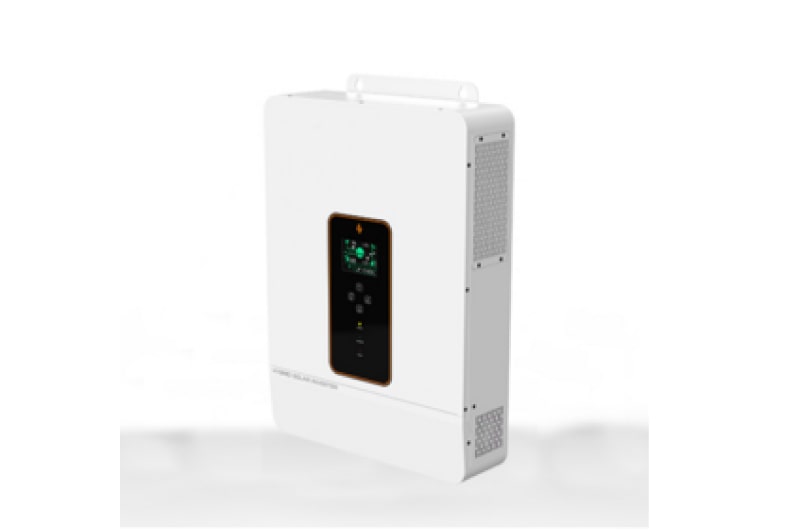
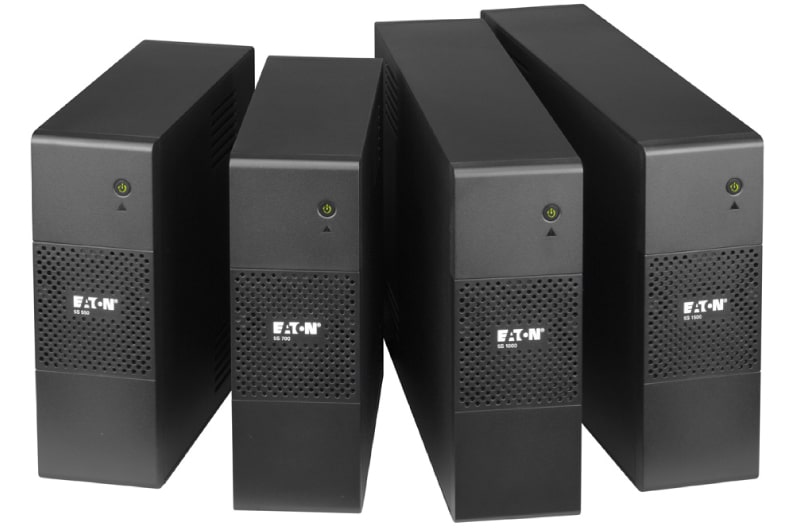
5. Commissioning and rigorous testing
Commissioning the inverter is a critical stage. Rigorous tests must be carried out to ensure that the device operates correctly and responds adequately to power interruptions. The inverter parameters must be adjusted according to the specific characteristics of the industry.
6.Staff training and emergency plan
Once the UPS is operational, staff must be trained in its use. A detailed emergency plan must also be drawn up, describing the procedures to be followed in the event of a power failure. Preparing staff contributes to an effective response and minimises downtime.
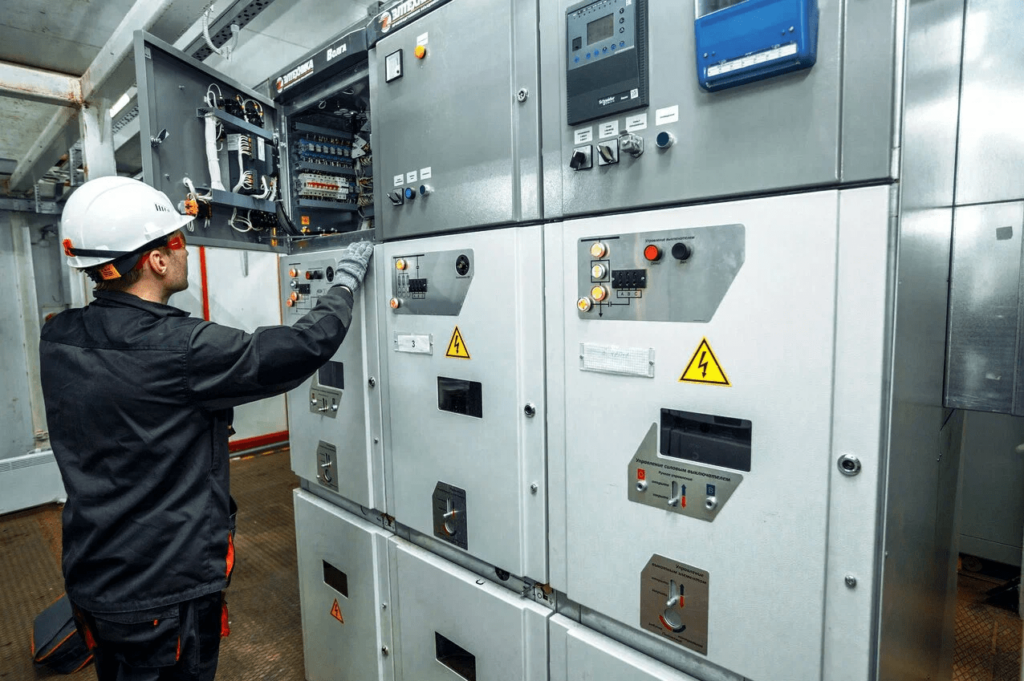
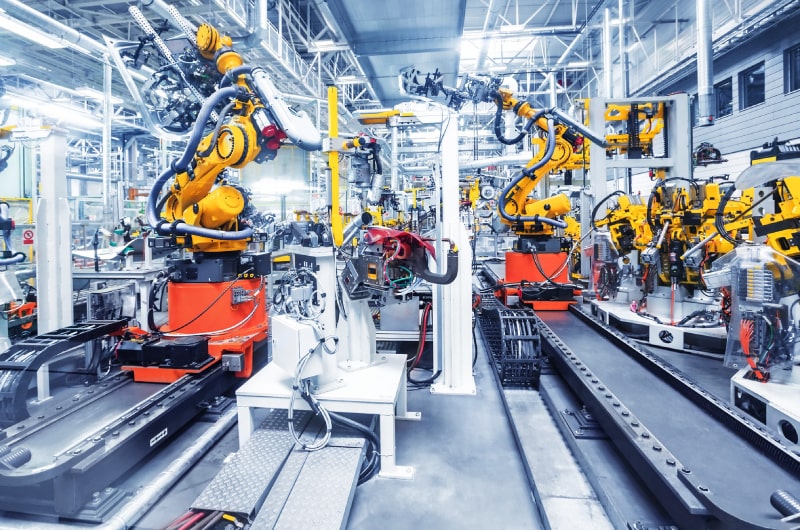
7.Uninterrupted production
Installing UPS in an industrial installation is much more than a precautionary measure. It’s an investment in operational continuity, safeguarding sensitive equipment and reducing the costs associated with production interruptions. By taking preventive measures, industries can not only guard against the vagaries of the power supply, but also maintain constant performance, ensuring their competitiveness in the marketplace. A robust electrical infrastructure with appropriate UPS is a fundamental pillar of modern industrial success.
Save your
Electrical installation
Our Projects recently
EL MOURADI
El Ahmadi residence
El Ahmadi residence
Résidence El Ahmadi is a high-standard commercial and residential development
WEWIRE (Coroplast)
WEWIRE (Coroplast)
Construction of a WeWire factory in Ennfidha and Hamamet, electrical lot.
Thomas Tunisie Plastec
Hotel the Residence
TERIAK
Our Partners









